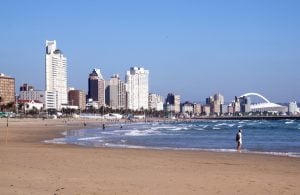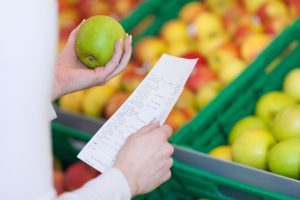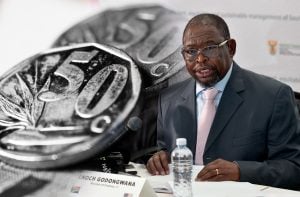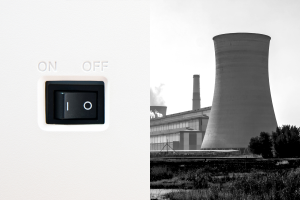Reserve Bank interest rate announcement this week – what to expect
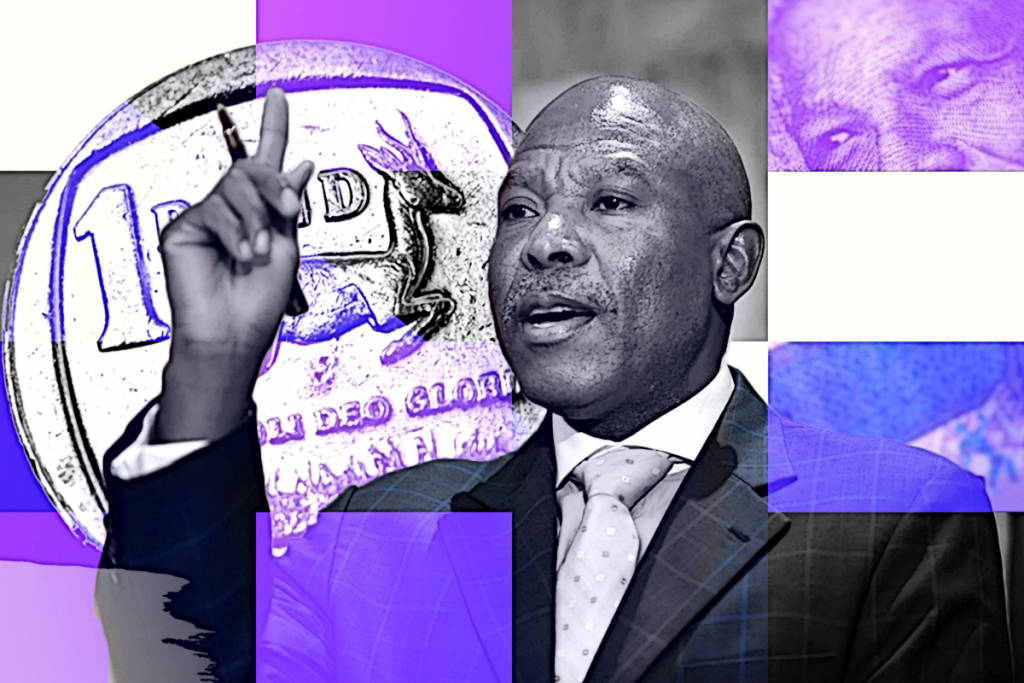
The South African Reserve Bank’s (SARB’s) Monetary Policy Committee (MPC) will be meeting this week for the last time in 2023, with the bank’s next decision on interest rates in the country expected on Thursday (23 November).
For the last two meetings, the MPC has voted to hold South Africa’s repo rate at 8.25%, following a protracted hiking cycle which started two years ago in November 2021.
Since then, interest rates have been hiked by a cumulative 425 basis points, leaving the country in restrictive territory. The rate hike path has broadly followed the global cycle, though has ultimately not been as aggressive rate hikes in the US or Europe.
This has left the central bank with some “wiggle room” and has had some economists and analysts in recent months floating the possibility of at least one more 25 basis point hike being squeezed into South Africa’s cycle.
Indeed, this was a distinct possibility in both of the last MPC meetings: the July meeting saw the committee vote for a hold 3-to-2, with the two dissenting members favouring a 25 basis point hike.
In the September meeting, the same voting pattern played out, with the two most hawkish committee members again favouring another 25 basis point hike.
Leading up to the final meeting for the year, economists and analysts are again predicting a close call.
Given the sudden spike in inflation in September – and markets anticipating the same for October – many analysts had been eyeing a final 25 basis point move for November. However, with the US Fed holding its rates (and with economists of the view the US hike cycle is at an end), the tune on local rates has changed.
Bank of America economists – who have been some of the most hawkish in their predictions – last week reversed their forecasts of a 25 basis point hike this week to a hold by the South African Reserve Bank.
Similarly, economists at the Bureau for Economic Research (BER) who also had a 25bp hike pencilled in have also now changed their tune.
“The main reason for the change is that some of the upside risks to inflation, particularly from the rand and oil price, have receded,” the BER said.
“While the slowdown in CPI inflation was interrupted, and we expect a further reacceleration in headline CPI in October to 5.8% y-o-y (slightly above consensus), a general moderation in price increases is expected to take hold from 2024Q2 onwards with CPI close to the midpoint of the SARB’s target by Q4 next year.
“While the rand exchange rate weakened through late September and early October, it has since recovered these losses and is trading on a stronger footing to the dollar compared to the September meeting.”
Another important reason is that instead of surging higher, the Brent crude oil price has come down by about $10/barrel since the most recent meeting, the BER said, adding that the global interest rate hiking cycle has also peaked.
Economists at Nedbank have echoed this sentiment.
“Despite some upside risks to the outlook, the underlying environment has become more supportive of lower domestic inflation in the months ahead. Consequently, we expect no further rate hikes for this year, with the repo rate staying at 8.25% and the prime lending rate at 10.75%,” the group said.
Risks ahead
While consensus is now that South Africa is unlikely to see further interest rate hikes, economists have warned that surprises could be in store.
First and foremost is the exit of Deputy Governor Kuben Naidoo who resigned in October. It is still not clear whether he will still be a voting member of the committee this week, which could leave the MPC with a 4-way vote, and possible deadlock.
Naidoo is widely seen as one of the more dovish members of the committee (outnumbering the hawks, 3-to-2), and if he is no longer on the committee, a deadlock of 2-2 could see Reserve Bank governor Lesetja Kganyago making the deciding vote.
Kganyago has been a firm hawk, so a deadlock could go the way of another hike based on that.
The BER added that, as many global bankers have said in recent weeks, the SARB is also likely to indicate that it will be ready to hike rates again if data points to an acceleration of price pressure and inflation flares.
Upside risks from food prices are notably present.
“Furthermore, the bank is likely to keep a keen eye on inflation expectations to see whether these start to drift back to the midpoint of the target band. As such, while no longer our view as stated earlier, a November hike remains possible,” the group said.
Importantly, economists and analysts are in agreement that whether there is a hike or no hike this week, the SARB will likely keep the repo rate restrictive well into next year, with the earliest rate cuts only expected in mid-2024.
Read: Economists reverse interest rate expectations for South Africa
